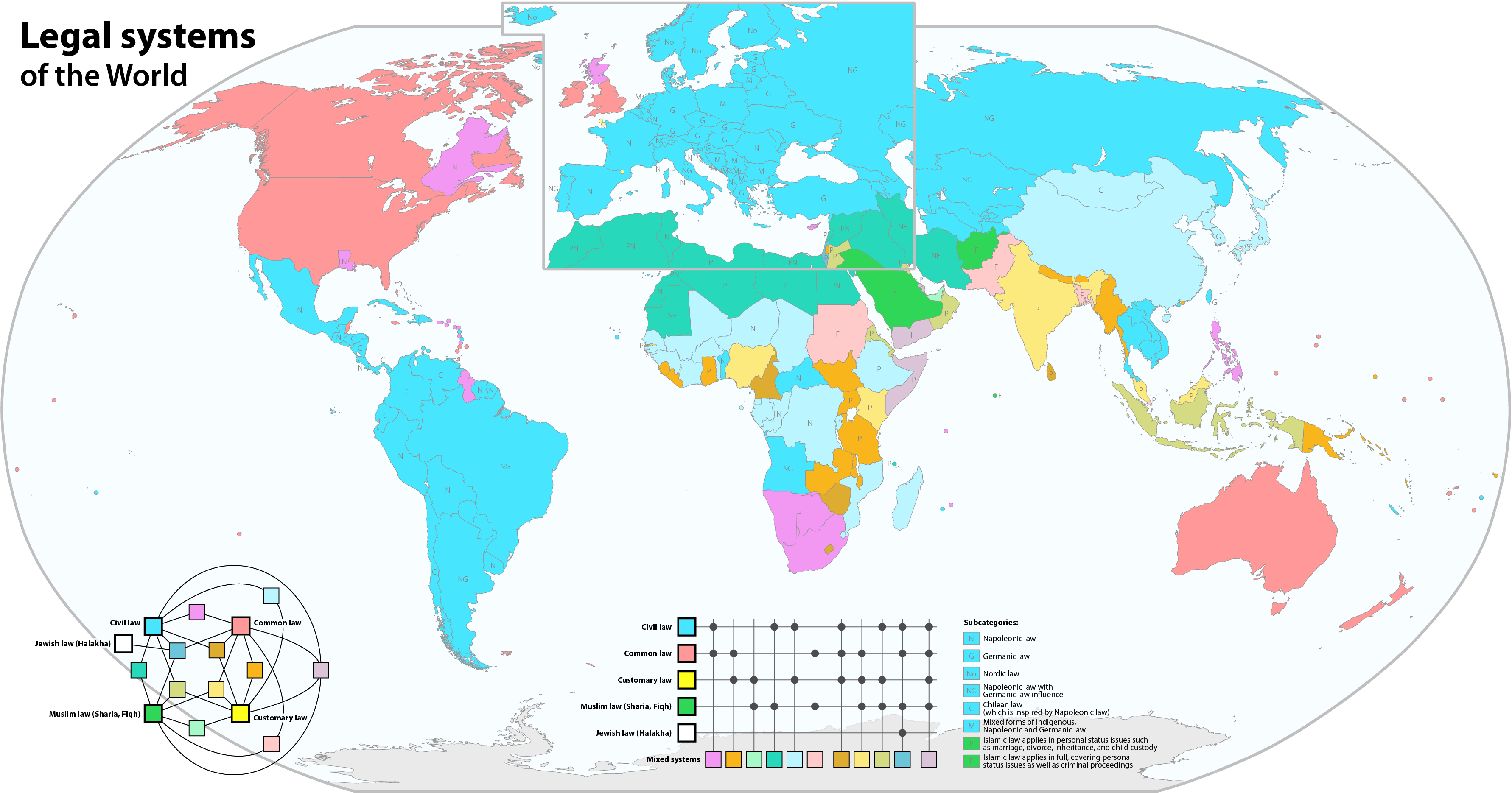Gabreile D'Annunzio, who was the progenitor of fascism, along with other early Italian fascists stressed the idea that Italy was connected the the Hellenic world, along with the Roman world, and sought to re-unite it. He even glorified the historical significance of Puglia, particularly.
Italy's Sea: Empire and Nation in the Mediterranean, 1895-1945
Though eventually the Italian fascists capitulated to Nazism, and started to accept Giulio Cogni's brand of Nordicism; which only put Italians forever in a subordinate position to Germanics. However, this ideology was eventually rejected, I recall, and I think it just became dubious what the main racial ideology was. But at that point, Italy had become a junior partner and vassal to Germany. That's also what spelled doom for the Italian Jewish members of the Fascists.
That's exactly what happened. I've heard it described as thinking they were going to bed the Rhine Maiden and wound up with an SS Storm trooper.
D'Annunzio was a great poet, imo, but that's about as far as it goes for me; read too much Nietzsche, and a megalomaniac. I mean, setting himself up as a "Duce" in Fiume and proclaiming music the bedrock of the state was bizarre to say the least.
Plus, I'd call him an ultranationalist, not a fascist, although Mussolini copied some of his ideas.
It's as well to remember, however, that these were the musings of D'Annunzio. He by no means spoke for the vast majority of the Italian population. The Italians never elected the Fascists into power; it was more inertia than anything else when Mussolini took power by simply marching into Rome.
The Italy of the time was still an agricultural country, with the majority of people farming either their own land or working as sharecroppers or laborers. If their rulers promised land reform in Italy and new land in North Africa then they were all for it, and returning to the glory that was Rome, and kicking out all the foreigners lording it around Italy sounded great too, but Italy was still a monarchy technically, and it was mostly to the King that a lot of people felt loyalty or, in the North, which was more industrialized, to the Socialists or the Anarchists. My father's birthplace, Sarzana, was the last town in Italy to let the Fascists into the town, something of which they're very proud to this day.
My family members were those who lost jobs because they wouldn't join the party, and were harassed because they spoke their minds too often. When conscription came, they to a man joined the Royal Military Forces. There were no Fascists in my family or among their friends; a few anarchists and Communists, but mostly just people who loved their country but distrusted this alliance which they felt had been thrust upon them.
To this point about whether most Italians, more so than people from other countries, felt an affinity for Greco-Roman culture, yes they did, but the emphasis is on "Roman", at least where I was born. The ruins of Rome were all around them, for one thing. My father was like that; I was scrambling around the ruins of Luni when I had just graduated from toddling. As I've said before, he would have been horrified to find out that the Gauls actually might have contributed to his genetics. He thought we were descended from the Romans. Perhaps it was different in the south. Although I usually hear it from Greeks, not Italians, "una faccia, una razza" had to come from somewhere, and many of their ruins were from the period of Magna Graecia. My husband certainly felt some affinity to ancient Greece, but more so to ancient Rome, which is why he concentrated on Latin, not ancient Greek.
As far as we in the North and Toscana were concerned, I never heard anyone, either family or friends, mention the Greeks in terms of ancestry. That's something which has come to light with population genetics, in home testing etc.
Certainly, in terms of the modern cultures to which he felt an affinity, it would have been France, which was just over the border, or Spain. It was French he and his associates spoke, if they spoke a foreign language, not Greek, and it was French literature they read, and also some Spanish literature. He even read American literature, although in translation. Language mattered, and to anyone who speaks Italian, learning French and Spanish is no great feat. Religion mattered too, even if they were anti-clerical, and a shared history of the Renaissance and Enlightenment, or just the European history in general that they shared, including all the bloody battles, including the ones against the Ottomans.
Greece, unfortunately, had been isolated by its Ottoman rulers, and just didn't enter into the equation. As for the genetic link between Southern Italians, predominantly, and the ancient Greeks, knowledge of that is a very recent development. I'm sure most older Southern Italians would be a bit appalled to think they weren't 100% "Italian", and descended from the Romans. Acknowledging one has been invaded or colonized by certain countries doesn't equate to understanding what if any ancestry comes from those events.




.png)


